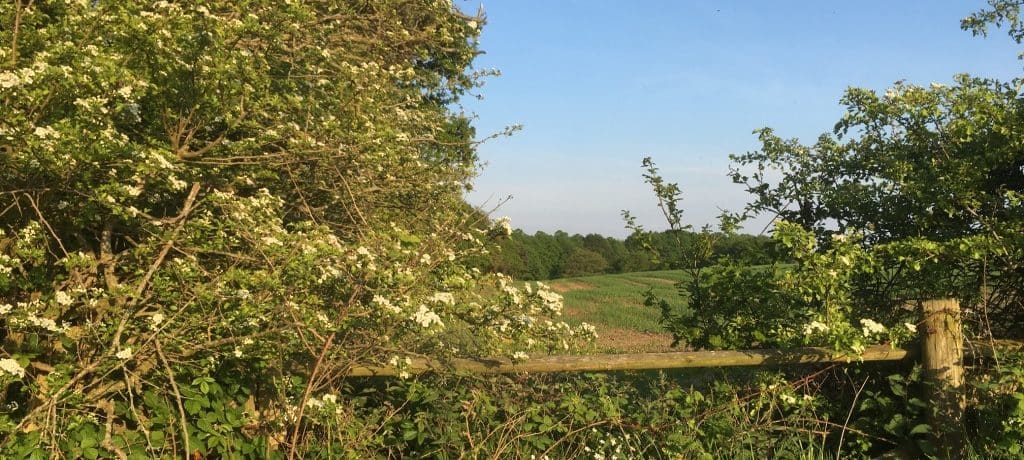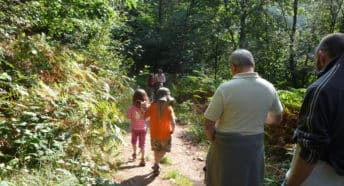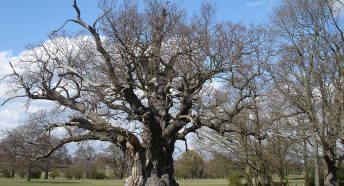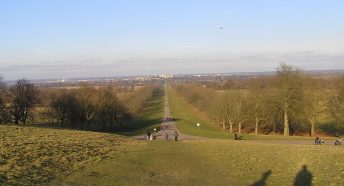Jealott's Hill Green Belt Open Meeting
Passionate and detailed presentation by Richard Knox-Johnston, Chairman of the London Green Belt Council encourages campaigners to keep up the pressure on local council.
Veteran Green Belt campaigner and Chairman of the London Green Belt Council, Richard Knox-Johnston gave a detailed and passionate presentation about the need to protect Bracknell’s Metropolitan Green Belt to a capacity audience on Friday (24 Jan) who had gathered to hear him and Councillor Chris Turrell, Executive Member for Planning and Transport Bracknell Forest Council (who unfortunately withdrew from the meeting at short notice) speak about the Jealott’s Hill housing development proposal in north Bracknell Forest. Organised by us and held in Warfield – the area to be most affected by the proposed development, the event also attracted residents and councillors from the neighbouring boroughs also likely to be impacted.
The purpose of the meeting was to provide a forum for local residents to consider the impact of the proposed development in relation to the importance of retaining Metropolitan Green Belt land, and ask questions they may not have had the opportunity to do at the Council’s consultation exhibitions. We had also stressed throughout the meeting’s development CPRE Berkshire’s commitment to ensuring that both proponents and opponents of the Jealott’s Hill proposal would have equal opportunities to be heard.
Rebecca Murphy, CPRE Berkshire Bracknell District Chairman said:
“Although we were disappointed that Councillor Turrell did not attend and we issued a statement at the beginning of the meeting, we were instead treated to a ‘Green Belt’ masterclass from Richard Knox-Johnston in an expanded session. We know about the Green Belt as the countryside next door for us all, but Richard opened our eyes to the importance of its social, health, landscape, habitat, air quality, biodiversity, environment, farming and economic benefits, all backed up by solid evidence. He exposed the flaws and gaps in the proposal and told us what we could do to make a difference, illustrating this with some extraordinary turnaround success stories from elsewhere in the South East.
He reminded us that it is a fundamental aim of national planning policy guidance that you do not release Green Belt land for a Local Plan unless you have absolutely no alternative: that is, you have nowhere else to build homes, and neighbouring authorities cannot help you out. He reiterated CPRE Berkshire’s stance that the proposed development goes against the primary aim of Green Belt policy to prevent urban sprawl; threatens its ‘openness’; and goes against the current national policy guidance which states that only in ‘exceptional circumstances’ should there be changes to the Green Belt boundaries.
The audible gasp from the audience at his comparative slides illustrating the dramatic increase in developments already in the planning system and likely to take place in the Green Belt encircling London – including Bracknell Forest – between 2016 and 2018 was both sombre yet energising.
We’d like to thank the audience for attending, and for their contribution to a very cordial meeting. The questions were thoughtful and well-researched. We urge anyone with an interest, knowledge or expertise in the many features of Jealott’s Hill that make it special, for example heritage assets, environment, or has understanding of constraints such as traffic or air quality control, to get in touch with me and also join CPRE to help us build the case for protecting the Green Belt.
CPRE Berkshire wants to engage with the entire community of Bracknell Forest to help save the Green Belt as the countryside next door for all of us. More importantly, engage with us for the benefit of the next generation who don’t have a say about this proposal, but will live with its consequences. Do we really want to be the generation that ruined the Green Belt for everyone else? Instead, let’s be the generation that prevents urban sprawl and protects the Green Belt for future generations to enjoy.”
See our follow up report, first issued to local CPRE members, and now available for everyone to access.









